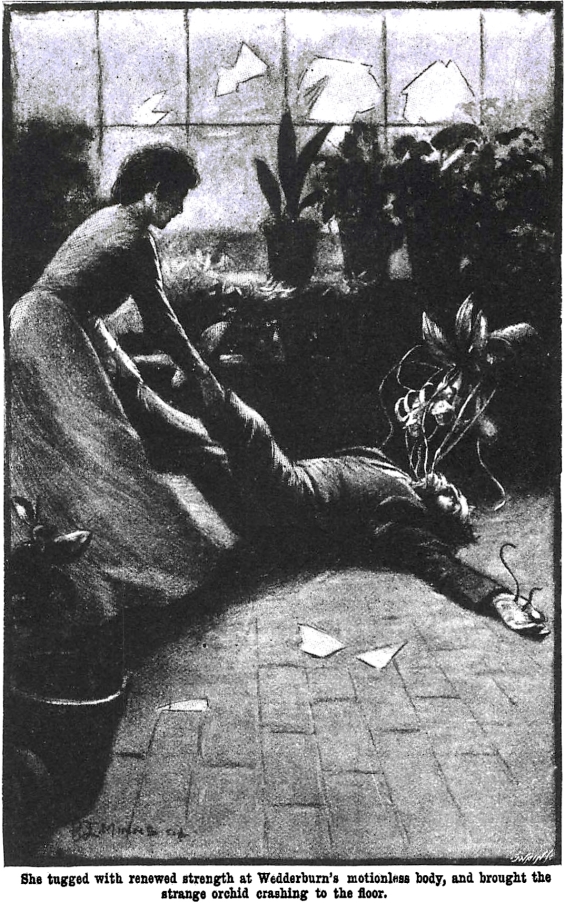
 The SFFaudio Podcast #227 – The Dreams In The Witch House by H.P. Lovecraft; read by Julie Hoverson. This is a complete and unabridged reading of the novelette (1 hour 42 minutes) followed by a discussion of it. Participants in the discussion include Jesse, Julie Hoverson, Mirko Stauch, and John Feaster.
The SFFaudio Podcast #227 – The Dreams In The Witch House by H.P. Lovecraft; read by Julie Hoverson. This is a complete and unabridged reading of the novelette (1 hour 42 minutes) followed by a discussion of it. Participants in the discussion include Jesse, Julie Hoverson, Mirko Stauch, and John Feaster.
Talked about on today’s show:
1933, a pretty terrible Lovecraft story, which story?, science fiction vs. horror, crappy cheesy, Julie’s audio drama adaptation of The Dreams In The Witch House, bad ending vs. interesting journey, nobody wants August Derleth to be right, Mirko likes it, a magnificent failure?, an unusual narrative, standard witch story #4, The Size Of The Universe by Willem de Sitter, is the Dark Man made out of dark matter?, the first fanfic Mary Sue writer, Hypnos, witches, magic, what does a being from beyond space need with baby guts, why is Nyarlathotep crusing the streets with a dude in his pajamas?, Prohibition, a supervillain squad, a nerve specialist, Herbert West, Re-Animator, Douglas Adams, space is really really really big, the total perspective vortex, Lovecraft humour, Pickman’s Model, Walter Gilman is blind to the danger, the Masters Of Horror adaptation, The Whisperer In Darkness, The Colour Out Of Space, a homesteading concept, Darkest Of The Hillside Thickets, The Shadow Out of Tim, the science fiction aspect, a scary fascination, the sunburn, the blown out ear drums, Azathoth, the Pythagorean view, “everything is made of numbers”, mathematics, Galen, is Keziah Mason dead?, is Walter Gilman doomed from the start?, Brown Jenkin looks like Chuck E. Cheese, what is Brown Jenkin?, witches familiars, Blackadder, “bloody milk!”, bubbles -> Beelzebubbles, modern witches, “the witch stole my penis”, mob mentality, Caligula, proscription, Crassus, the Polish landlord and tenants, a drunken loom-mender?, the looming evil, the cross prayer, the cross giver, the cross as a weapon, Walpurgis Night, the skeleton is quantum physics, Halloween, the maypole, the Brocken, pagan rituals, prank gardening, tree stealing, mascot kidnapping, “excessively religious”, Elwood, The Thing On The Doorstep is internally logical, Tales From The Crypt, Lovecraft’s racism, The Haunter Of The Dark, presenting light, superstition, Mount Everest, icky areas, Lovecraft’s characters aren’t into self-preservation, 1960s, addiction, psychedelics, helmet refusers, “outspokenly Wiccan”, The Call Of Cthulhu RPG, 20 sided die, weird angles, 4 sided die, Julie’s die scar, sharp Doritos, caltrops, “grimoire”, sleeping on Elwood’s couch, a cohesive awesome, the endings, the star wanderings, Beyond The Wall Of Sleep, Polaris, an obsession with evil stars, astral projection, the movement of the stars, Lovecraft’s astronomic efforts, The Festival, a weird plot thread, Lovecraft as an untethered balloon, there’s a lot of puppy dog in H.P. Lovecraft, “the poky little Lovecraft”, Montreal, a historical-building-o-phile, Bingo The Birthday Clown, Star Crunch (a Lovecraftian sponsor), “a field of red jelly with bones floating in it”, hot dog water, ultimately everyone is consumed, Tunus the Unstoppable, a soap opera with only three people, an anthropomorphic supercomputer, Krusty the Klown, a fascinating unpleasant series, The Lovecraft Five, Facts Concerning The Late Arthur Jermyn And His Family, He, The Picture In The House, H. Rider Haggard’s She done as a comedy, Brown Monkey’s The Dreams In The Witch House, Uncle George’s House Party, 19 Nocturne Boulevard, The Hole Behind Midnight by Clinton Boomer, Broken Eye Books’s Kickstarter, a professional audio novel, a giant evil naked clown, the HPLHS movie adaptation of The Whisperer In Darkness, the changes, Mr. Jim Moon’s review of The Whisperer In Darkness, it’s fucking terrifying, Julie’s reading, Julie loves to play crazy old people, a love letter to H.P. Lovecraft, “fun, surprising, and terrifying”, The Creeping Unknown, more suspense and less action, Charles Fort (played by Andrew Leman), Septimius Felton by Nathaniel Hawthorne, “Doctor Portsoaken”, “Robert Hagburn”, Charles Dickens, Curse Of The Crimson Altar, Die, Monster, Die!, The Curse, Thriller, Pigeons From Hell, The Resurrected, Bleeders (aka Hemoglobin), a micro-budget with Rutger Hauer.



Posted by Jesse Willis

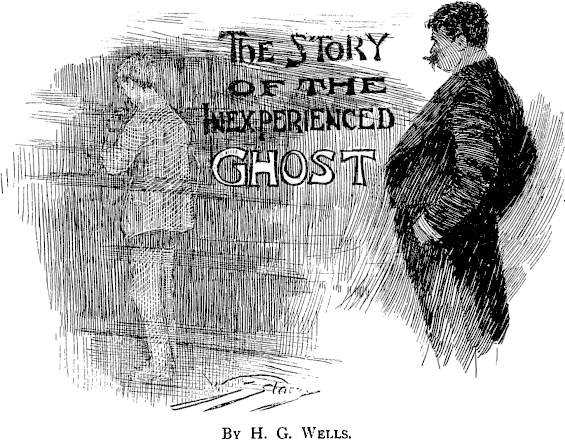
 The Story Of The Inexperienced Ghost
The Story Of The Inexperienced Ghost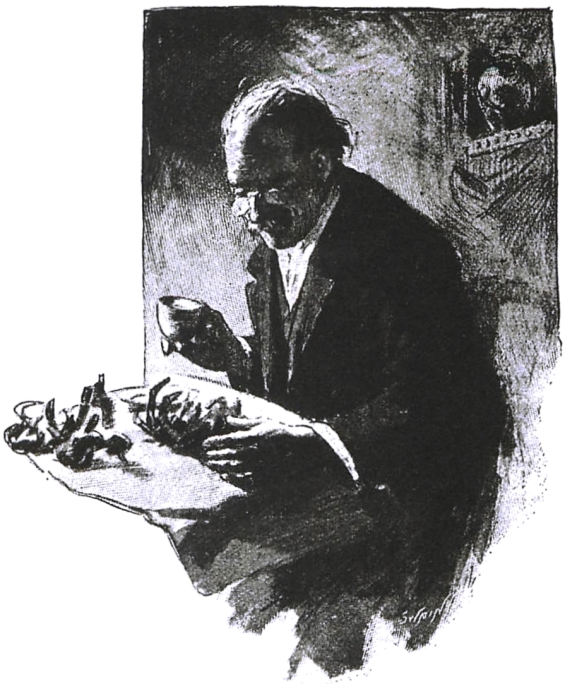
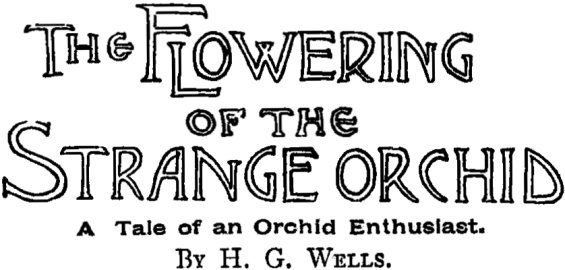
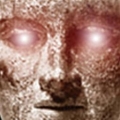 The Flowering Of The Strange Orchid
The Flowering Of The Strange Orchid